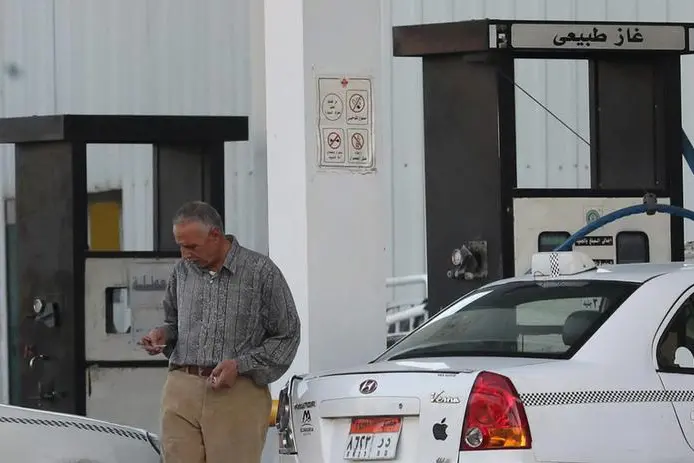PHOTO
NEW DELHI - India has decided to commercialise half of its current strategic petroleum reserves (SPRs) as the nation looks to enhance private participation in the building of new storage facilities, two government sources told Reuters on Thursday.
The shift in policy was approved this month by the federal cabinet, they said. Allowing commercialisation of SPRs mirrors a model adopted by countries such as Japan and South Korea which allow private lesees, mostly oil majors, to re-export crude.
India, the world's third-biggest oil importer and consumer, imports over 80% of its oil needs and has built strategic storage at three locations in southern India to store up to 5 million tonnes of oil to protect against supply disruption.
Private entities taking storage on lease will be allowed to re-export 1.5 million tonnes of oil stored in the caverns in the case of Indian companies refusing to buy the crude, they said.
Indian Strategic Petroleum Reserves Ltd, a company charged with building of SPRs, will be allowed to sell 1 million tonnes of crude to local buyers, they added.
So far Abu Dhabi National Oil Co (ADNOC) has leased 750,000 tonnes of oil storage in the 1.5-million-tonne Mangalore SPR.
Last year India allowed ADNOC to export half of its oil in Mangalore SPRs as the middle eastern oil major found it difficult to sell oil to Indian refiners.
India also plans to build strategic storage at Chandikhol in Odisha and Padur in Karnataka for around 6.5 million tonnes of crude to provide an additional cover of 12 days of net oil imports, they said.
The cabinet earlier this month also decided to provide up to 80 billion rupees of financial support, equivalent to about 60% of the estimated cost, for building two new SPRs, they said.
ISPRL will soon float an initial tender for building the new reserves. "Whoever seek less federal support will be considered for participation in the new caverns," said one source.
(Reporting by Nidhi Verma; editing by David Evans) ((nidhi.verma@thomsonreuters.com; +91 11 49548031; Reuters Messaging: nidhi.verma.thomsonreuters.com@reuters.net))





















